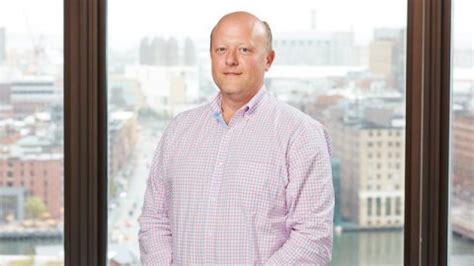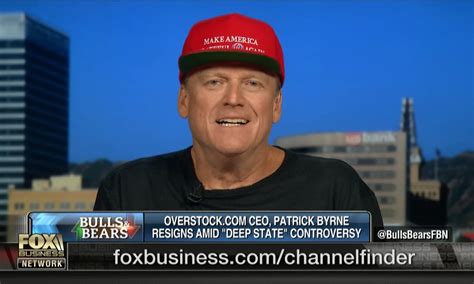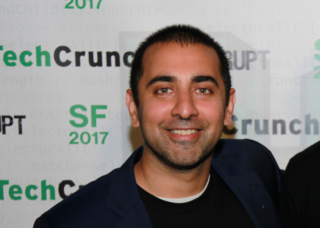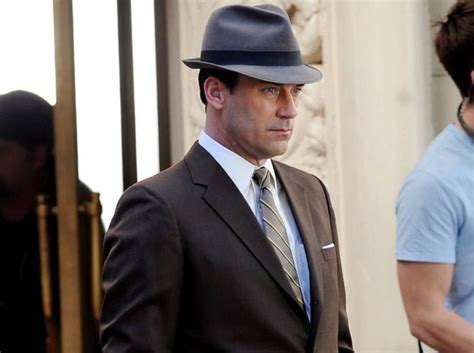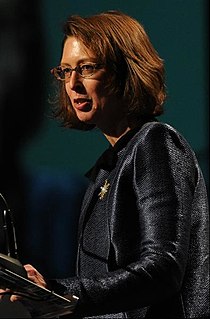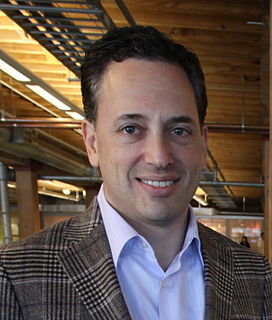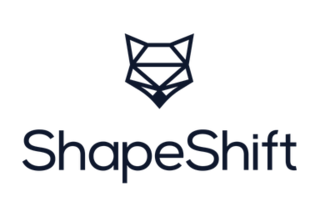Top 145 Blockchain Quotes & Sayings - Page 2
Explore popular Blockchain quotes.
Last updated on April 16, 2025.
There are regulators at the SEC and elsewhere who are really excited about the potential of the blockchain. They understand you can build a robust financial system - it would solve all your black swan problems. All kinds of mischief and games that are played in the current system become impossible in this system.








